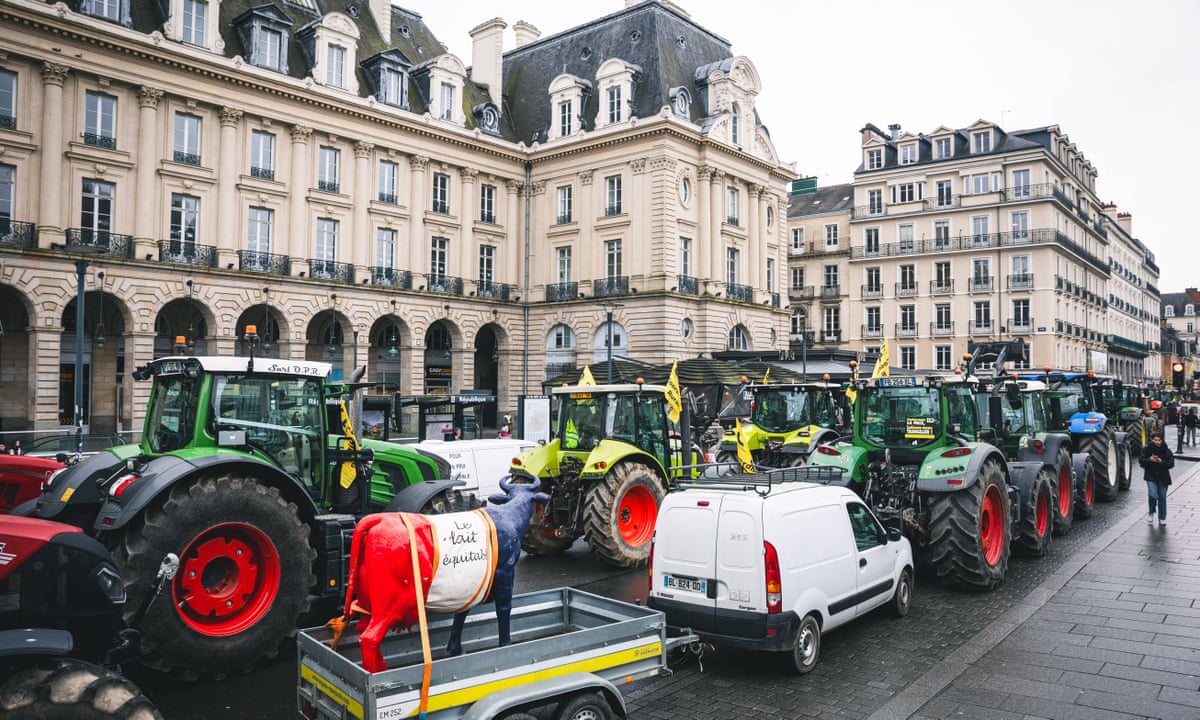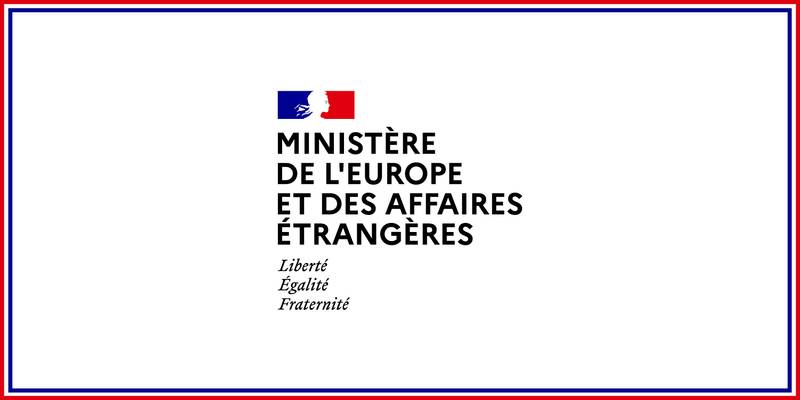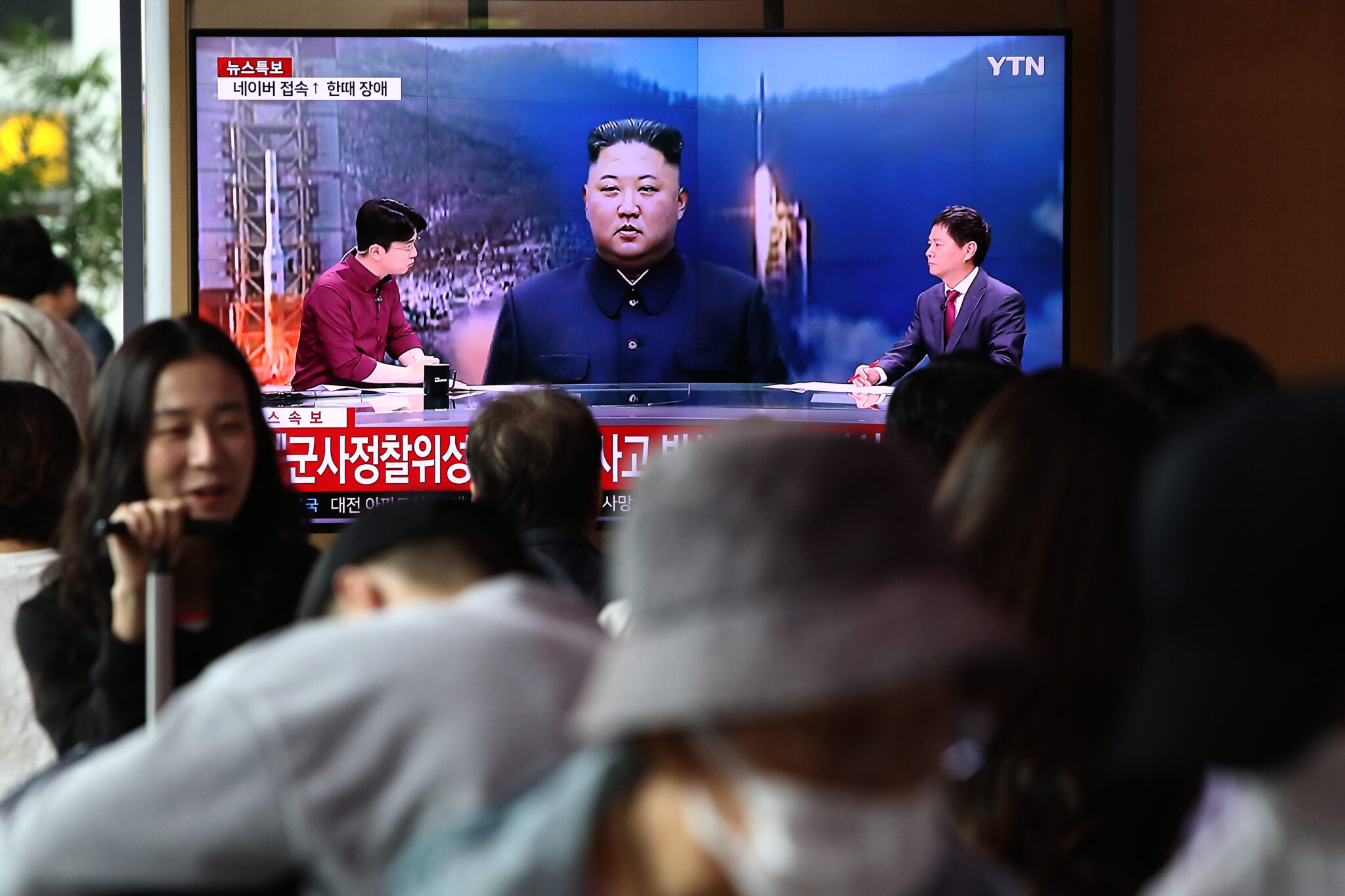Bordeaux, one of the world’s most renowned wine regions, has been facing increasingly frequent heatwaves and droughts due to climate change. These extreme weather conditions threaten grape quality and vineyard health, forcing winemakers to adopt new technologies and strategies to protect their vines and maintain production standards.
Adopting Precision Viticulture
Bordeaux winemakers are turning to precision viticulture to tackle the challenges posed by extreme weather. Using satellite imagery, sensors, and drones, vintners can monitor vineyard conditions in real-time, enabling them to detect areas affected by heat stress or water deficiency. This data-driven approach allows for targeted irrigation and soil management, optimizing water use during periods of drought.
Additionally, weather forecasting technologies help winemakers anticipate heatwaves and prepare their vineyards accordingly. By adjusting canopy management practices, such as strategic leaf removal and shading, they can protect grape clusters from excessive sunlight and heat, preserving their quality.
Irrigation Innovations
In response to prolonged droughts, Bordeaux winemakers are also exploring advanced irrigation systems to ensure vines receive adequate water. Drip irrigation, controlled by sensors and automated systems, provides precise amounts of water directly to the roots, minimizing waste and maintaining soil moisture levels.
However, because irrigation is traditionally restricted in Bordeaux to preserve the region’s unique wine characteristics, winemakers are carefully balancing its use. They employ technology to measure soil moisture and vine water status, applying irrigation only when absolutely necessary to mitigate drought stress.
Changing Grape Varieties
Another innovative strategy is the gradual introduction of heat-tolerant grape varieties. Bordeaux winemakers are experimenting with grapes that can withstand higher temperatures and drought, such as Petit Verdot and Marselan. These varieties are known for their resilience and ability to maintain acidity and flavor complexity in hotter climates.
This adaptation process is slow, as it requires replanting and adjusting vineyard management practices. However, it represents a long-term solution for maintaining wine quality and production levels in the face of ongoing climate change.
Future of Bordeaux Winemaking
As climate change continues to impact Bordeaux, winemakers are increasingly relying on technology and innovative practices to safeguard their vineyards. The adoption of precision viticulture, advanced irrigation systems, and climate-resilient grape varieties demonstrates the region’s commitment to preserving its winemaking heritage while adapting to new environmental realities.























